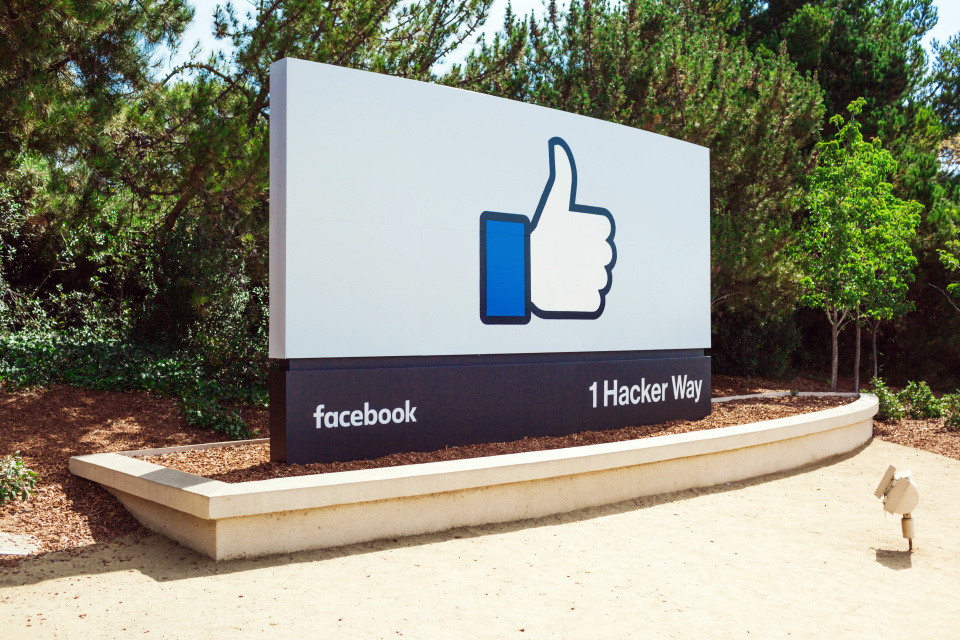EU Opens Investigation Into Apple, Google, Meta

EU launches probe into Apple, Google and Meta’s competition practices under new DMA rules as pressure mounts on tech giants
The European Union has launched investigations into Apple, Google parent Alphabet and Facebook owner Meta Platforms under the bloc’s new Digital Markets Act, less than a month after the new rules came into effect.
The DMA, which became effective from 7 March, aims to apply more stringent competition rules to the largest tech companies, and applies to only six “gatekeeper” firms worldwide – Alphabet, Apple, Meta, Amazon, Microsoft and Beijing-based ByteDance, which operates TikTok.
The rules are intended to ensure users are able to freely access competing digital applications and services such as social media platforms, web browsers and app stores.
Violations can incur hefty penalties of up to 10 percent of a company’s annual turnover.

‘Do not fully comply’
Tech companies have put forward DMA compliance plans, but EU officials said on Monday that they believed those efforts were not sufficient.
“We suspect that the suggested solutions put forward by the three companies do not fully comply with the DMA,” said EU antitrust commissioner Margrethe Vestager.
“We will now investigate the companies’ compliance with the DMA, to ensure open and contestable digital markets in Europe.”
Of the EU’s decision to act right away, industry commissioner Thierry Breton told reporters, “The law is the law. We can’t just sit around and wait.”

‘Steering’
Regulators said they are looking into whether Apple allows users to easily uninstall iOS applications, change iOS default settings and access choice screens enabling them to switch to a rival browser or search engine on iPhones.
The issue of “steering” is also in question for Apple – whether the company is illegally limiting developers from informing users about ways to pay less for services outside of Apple’s App Store.
The steering concerns also apply to Alphabet, which faces questions over whether it is unfairly favouring its own services such as Google Shopping, Google Flights and Google Hotels in search results.
The European Commission said Apple and Google’s fee structures may contravene the DMA’s “free of charge” requirement.

Free choice
Apple said it is confident its plan complies with the DMA.
“Throughout, we’ve demonstrated flexibility and responsiveness to the European Commission and developers, listening and incorporating their feedback,” Apple said.
Google said it has made significant changes to its services and will defend its approach in the coming months.
Breton said Meta’s no-ads subscription service, which it introduced last November, was not sufficient to comply with the DMA and that the company should introduce a free alternative to users providing Meta with personal details to be used in advertising.
Meta said it was endeavouring to comply with DMA guidance.
“Subscriptions as an alternative to advertising are a well-established business model across many industries, and we designed Subscription for No Ads to address several overlapping regulatory obligations, including the DMA,” Meta said.

Amazon probe
The Commission is also investigating a new fee structure for developers, introduced along with its DMA compliance plans, and Amazon’s product ranking practices in its marketplace.
“Amazon is compliant with the Digital Markets Act and has engaged constructively with the European Commission on our plans since the designation of two of our services,” Amazon said. “We continue to work hard every day to meet all of our customers’ high standards within Europe’s changing regulatory environment.”
The Commission plans to conclude its investigation in 12 months, the timeframe laid out in the DMA, and said it has ordered the companies to retain documents for access in current and future investigations.
Earlier this month the EU fined Apple 1.8 billion euros (£1.5bn) for its music streaming practices.